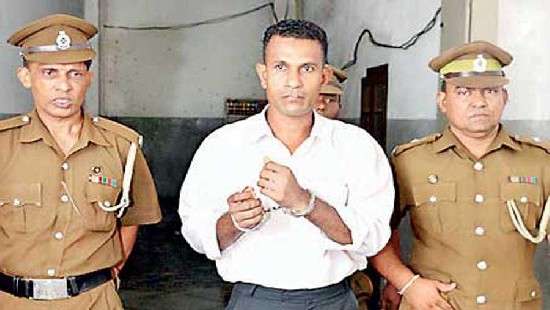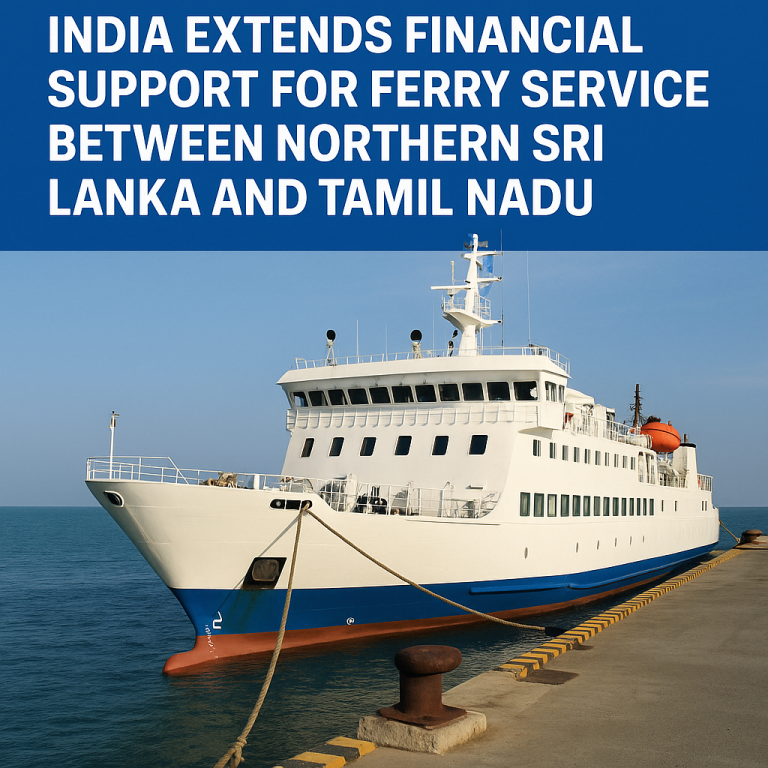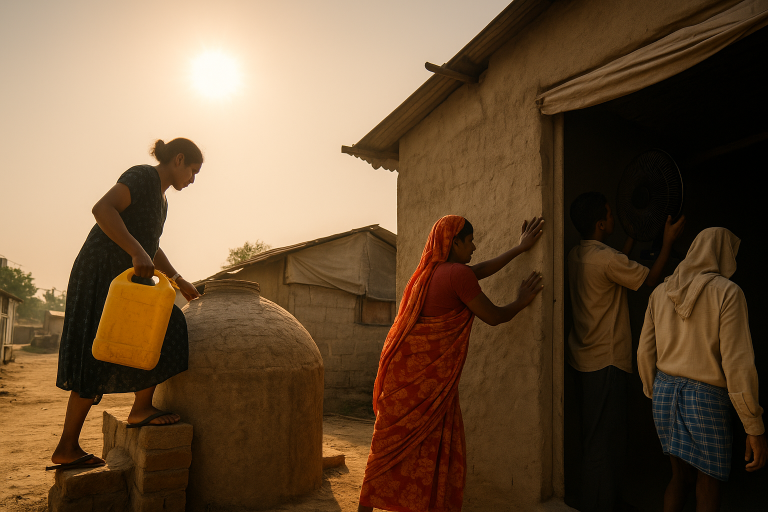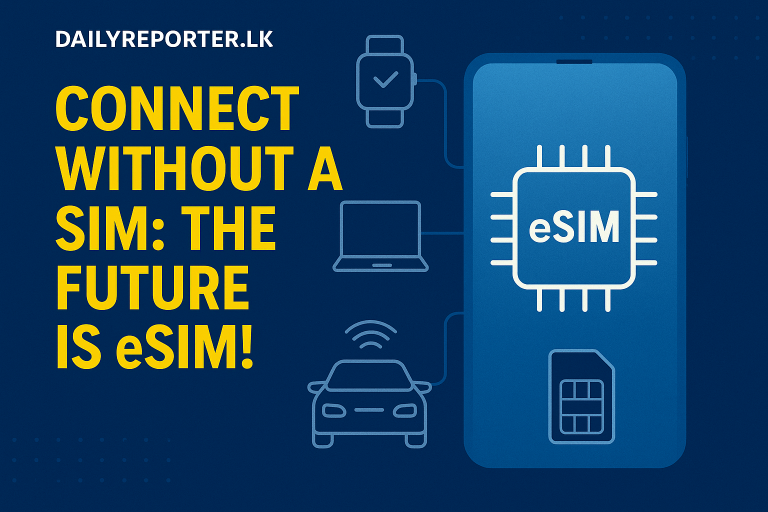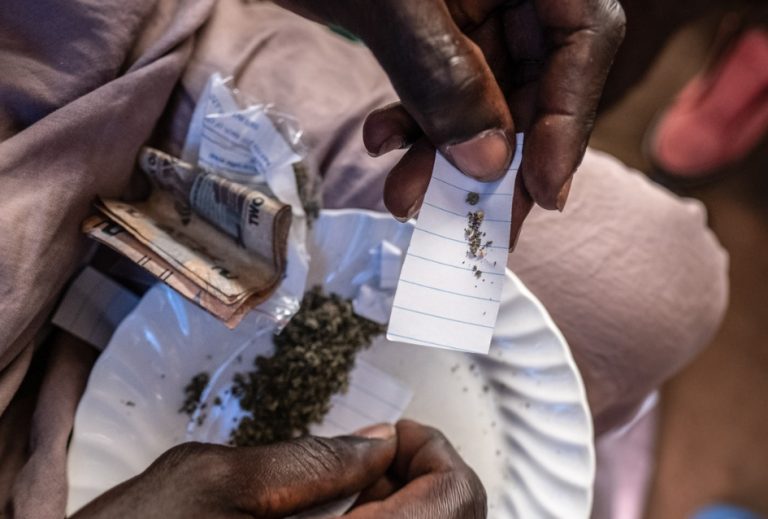Ajith Perakum Jayasinghe
The Supreme Court of Sri Lanka issued a significant order on May 17, 2024, directing former President Gotabaya Rajapaksa and Army Sergeant Sunil Ratnayake to testify regarding the controversial presidential pardon granted to Ratnayake by the former President. This case, which involves the killing of eight civilians, including a small child, in Mirusuvil, Jaffna, in 2000, is a pivotal moment in Sri Lanka’s ongoing struggle for transitional justice.
The court mandated that Gotabaya Rajapaksa, who issued the pardon during his tenure as president, must present his rationale behind this decision. Simultaneously, Army Sergeant Sunil Ratnayake has been ordered to provide detailed facts about the incident and the circumstances surrounding his pardon.
This decision by the Supreme Court responds to a petition filed by Dr. Pakiasothy Saravanamuttu, Executive Director of the Centre for Policy Alternatives. The petition challenges the presidential pardon granted to Ratnayake, whose death sentence, initially imposed by the High Court, was upheld by the Supreme Court before the pardon was issued.
The petition was reviewed by a Supreme Court bench consisting of Mr. Yasantha Kodagoda and Mr. Achala Wengappuli. The court agreed to the request by Mr. Sumanthiran, who represented the petitioners, to issue notices to Rajapaksa and Ratnayake, compelling them to testify before the court.
This decision by the Supreme Court underscores the need for accountability in post-war Sri Lanka. The United Nations Human Rights Council (UNHRC) has repeatedly highlighted the Mirusuvil massacre in its reports, emphasizing it as a stark example of the difficulties in achieving justice for war crimes and human rights violations in the country. The UNHRC criticized the pardon, noting it as a severe setback for accountability and a violation of international obligations to prosecute and punish serious human rights violations (OHCHR) (Amnesty International).
Amnesty International also condemned the pardon, stressing that it undermines the rare instances of accountability for serious human rights violations in Sri Lanka. Biraj Patnaik, Amnesty International’s Regional Director for South Asia, described the pardon as sending an “extremely worrying message” that military perpetrators of horrific crimes, even if convicted, can be arbitrarily released (Amnesty International).
On December 19, 2000, nine internally displaced civilians from Mirusuvil in Jaffna, including teenagers and a five-year-old child, visited their homes. Upon returning to their temporary residence, they were stopped by two military personnel who blindfolded and assaulted them. One youth escaped, but the other eight were massacred and buried nearby. In July 2015, Sergeant Sunil Ratnayake was convicted by the High Court of Colombo for multiple counts of murder and assault, and sentenced to death. The trial, delayed for almost 13 years, was upheld by a five-judge bench of the Supreme Court in April 2019, confirming Ratnayake’s death sentence.
Despite due process and the Supreme Court’s affirmation of his sentence, President Gotabaya Rajapaksa granted Ratnayake a pardon. Petitioners argue this pardon is arbitrary, unreasonable, and not in the public interest, claiming it undermines judicial independence and violates the rule of law and the sovereignty of the people, as guaranteed under Article 12(1) of the Constitution.
Center for Policy Alternatives (CPA) says that it was first reported that Ratnayake, who was on death row, had been pardoned by the President on the 26th of March 2020, while the country was grappling with the Covid-19 crisis.
The case against Sunil Ratnayake and the subsequent pardon by Gotabaya Rajapaksa are critical tests for Sri Lanka’s commitment to transitional justice. Transitional justice mechanisms are essential for addressing past abuses and ensuring that victims receive justice and reparations. The court’s decision to call for testimonies from both Rajapaksa and Ratnayake underscores the judiciary’s role in upholding the rule of law and ensuring that executive actions are subject to legal scrutiny.
This landmark case is scheduled to be called on the 4th of September to confirm the facts and proceed with the hearings. The outcomes will likely have profound implications for Sri Lanka’s human rights landscape and its efforts to reconcile with its troubled past.

